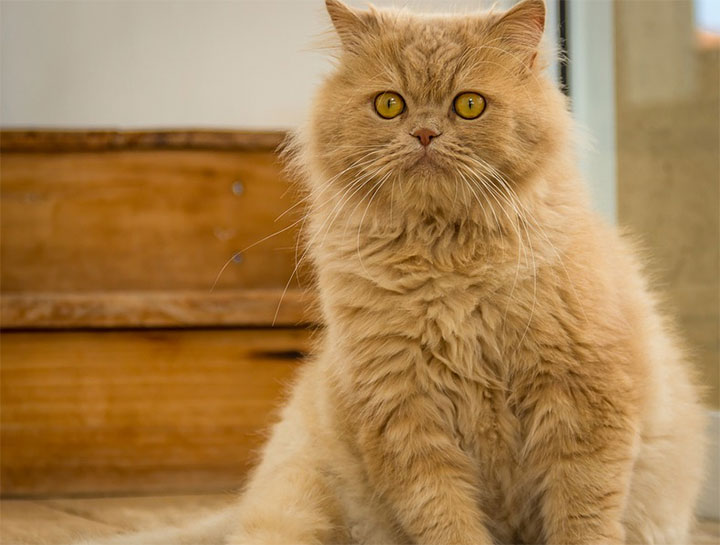Pet Obesity

Is Your Pet Obese?
As our society becomes increasingly health conscious, the attitude towards obesity and weight problems has dramatically changed. This is beginning to carryover into our pets' well-being and the recognition that "fat cats are not necessarily healthy cats."
If you are unsure what your pet's optimum weight should be, perform this simple test:
Place your hands on your pet's rib cage with your thumbs on the back. If the ribs are easily felt, your pet is considered to be normal weight. If you can feel fat between the skin and ribs or the ribs are difficult to feel, your pet is overweight. If the ribs can not be felt, your pet is definitely obese.
In some pets, particularly cats, a large abdomen that hangs down may indicate obesity. It is important to have this judgment confirmed by your veterinarian. It is very important to rule out other diseases that may look like obesity such as heart, kidney or glandular disease.
Obese animals have much higher incidence of:
- arthritis
- heart disease
- diabetes
- impaired reproductive ability
- greater risks with surgery and anesthesia
Most research in both humans and animals suggests that increased weight shortens life.
If your animal is determined to be overweight, there are painless methods for losing those unhealthy pounds. With careful dietary management and oversight by your veterinarian, changes in diet and lifestyle can lead to a much more productive life.
There are prescription diet formulations available to your veterinarian that can make dieting easier for you and your pet. Ask our reception team about the Glenwood Village Pet Hospital weight loss challenge and incentive program.
Do not follow the feeding recommendations on the bag of food. They are usually much higher than what is actually needed. Contact your veterinarian for appropriate feeding recommendations.
The best treatment for pet obesity is prevention. Routine walks and playtime combined with sensible feedings can avert the need for medical intervention.
